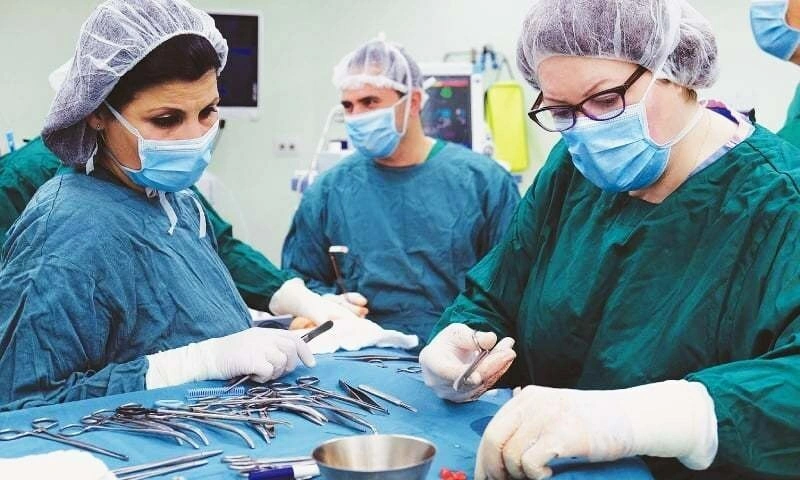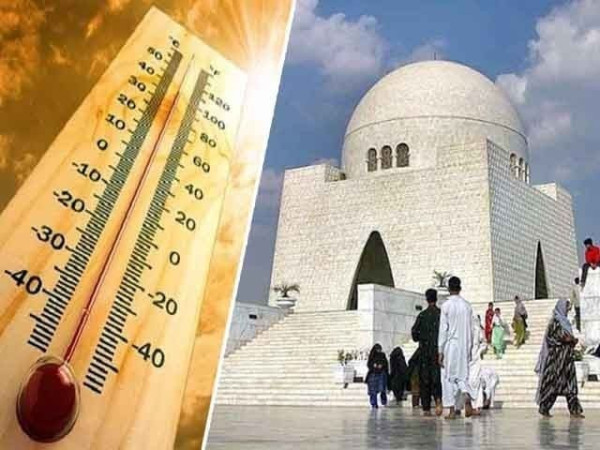- Web Desk
- 20 Minutes ago

Islamic scholars endorse organ donation after death
-
- Web Desk
- Apr 11, 2025

WEB DESK: Prominent Islamic scholars and medical experts in Pakistan have signed a joint agreement permitting that Islam allows organ donation after death as a way to save or improve lives of other human beings. Dow University of Health Sciences (DUHS) helmed this declaration during a seminar in Karachi on Thursday.
The seminar addressed various aspects around ethical boundaries and religion’s ruling around organ transplant after one’s death, according to the press release issued by DUHS.
The declaration presented the notion that “donating organs after death, with proper consent and ethical compliance, is not only allowed but also considered an act of sadaqah jariyah (ongoing charity) in Islamic teachings.”
How doctor was arrested, sentenced for Illegal kidney transplants?
Both scholars and medical professionals felt the need to spread awareness among fellow Muslims regarding the permissibility to clear any confusions around it. They also stressed on healthcare institutions to formulate guidelines about organ donation which can address all inhibitions.
Council of Islamic Ideology (CII) Chairman Allama Raghib Hussain Naeemi, Professor Dr Noor Ahmed Shahtaz, Professor Dr Asim Ahmed, Dow Vice Chancellor Professor Muhammad Saeed Quraishy and Dow Organ Donation Society President Dr Tauqeer Abbas were among the various present during the discourse.
The CII chairman stated that brain death should be confirmed by doctors before any decision to remove life support was made: “Once brain death is declared, removing the ventilator becomes permissible, and organ donation can proceed with prior consent or the family’s approval.”
Allama Muhammad Khan Sherani also reiterated the chairman’s words urging exercising caution while going forward with the procedure.
Allama Shahenshah Naqvi affirmed that Islam permits organ donation to save lives, provided the donor is not harmed. “The preservation of life is a core value in our faith,” he stated. Addressing new medical frontiers, including xenotransplantation—the use of animal organs in humans—Naqvi argued that “saving human life takes precedence over the status of the donor animal.”
Mufti Ramzan Sialvi referenced the Islamic legal principle of choosing the lesser of two harms, saying donation is acceptable if the dignity of the deceased is maintained.
However, bioethicist Professor Dr Shahtaz urged caution, warning against the use of deceased bodies for unnecessary experimentation, particularly when alternatives like artificial organs exist.
Dr Rashid bin Hamid highlighted the urgency of action, estimating that nearly 50,000 lives could be saved annually in Pakistan through organ donation. He called for broader public awareness to normalise and encourage this life-saving practice.





